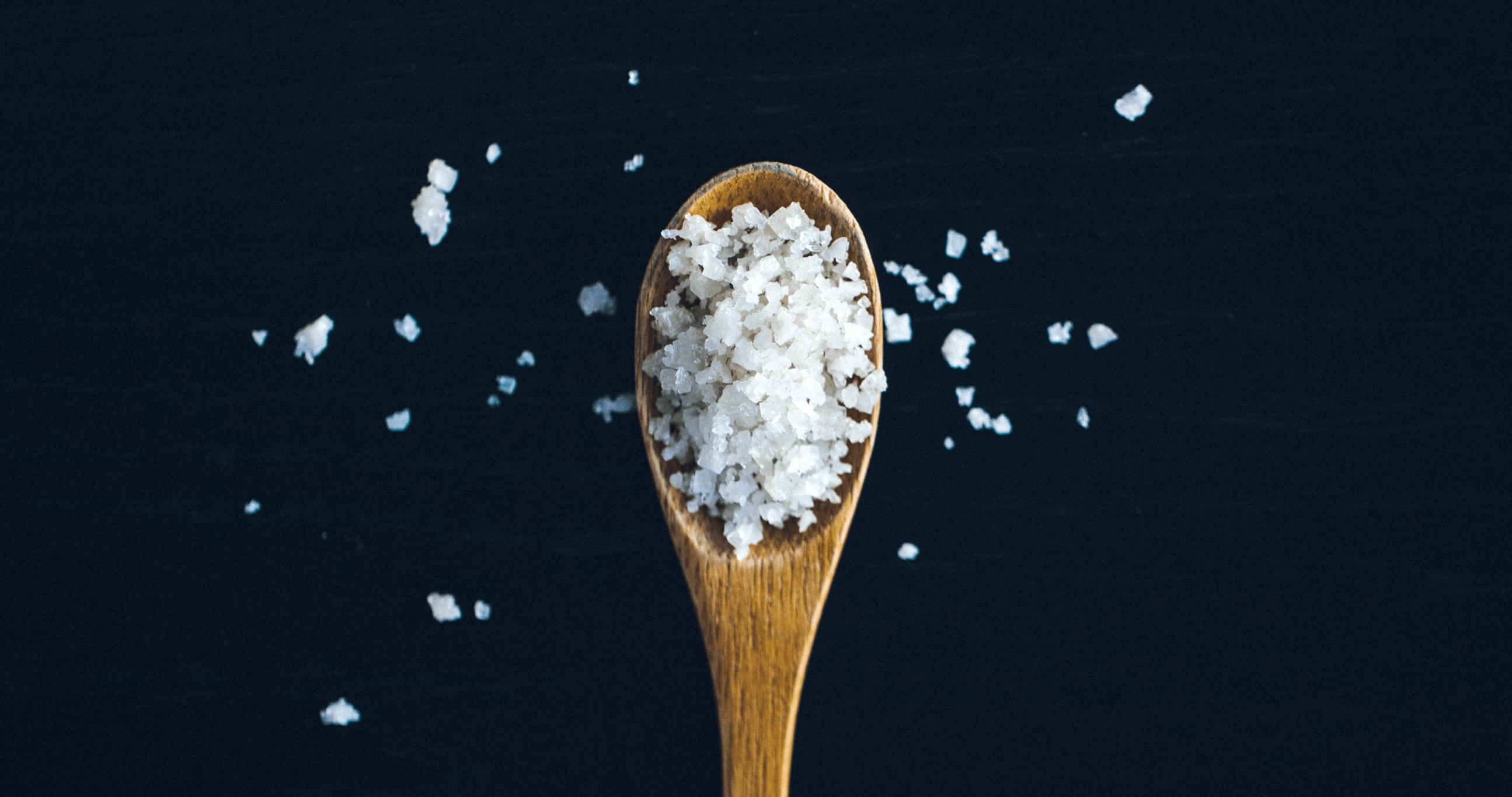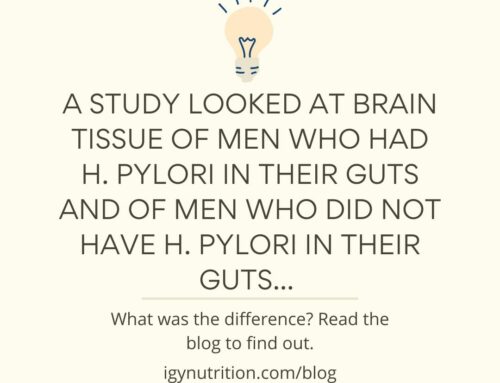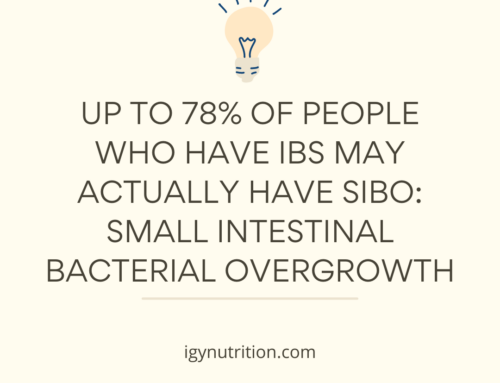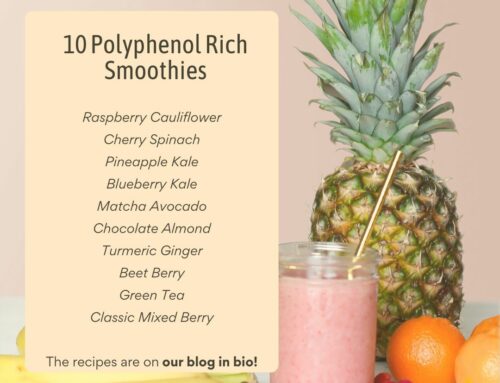Ask around, and you might find that people believe they are stuck with the metabolism they “have naturally.” They might say, “my whole family’s that way,” or “I can’t lose weight. I have a naturally slow metabolism.”
Let’s meet the captain of your metabolism – the thyroid gland – and talk about how to eat to support it.
The Thyroid Gland
Your metabolism is controlled by a gland in your neck called the thyroid.
Your thyroid sets the pace of your metabolism. You can think of it as a pacemaker or a conductor of an orchestra.
The thyroid must set the right pace for the body to expend energy properly. If the conductor slows, the orchestra will follow suit. And if the conductor speeds up, so will the orchestra.
How does the thyroid accomplish that?
The thyroid sends chemical messengers called thyroid hormones to every cell in your body to regulate the cells’ energy use.
If the gland deploys an excess of thyroid hormones, the body will expend too much energy, resulting in a sped-up metabolism. If the thyroid does not deploy enough thyroid hormones, the body will not expend enough energy, resulting in a too-slow metabolism.
But does it matter if your metabolism is too fast or too slow? And what does all of this have to do with gut health?
Slow and Fast Metabolisms
Let’s review quickly.
Your metabolism is the amount of energy your body expends while carrying out daily functions like thinking, moving in any way, digesting, and even breathing. So if your thyroid doesn’t produce enough hormones, your metabolism slows, resulting in slower conduction of all bodily processes.
Hypothyroidism is characterized by a lack of thyroid hormones, resulting in a too-slow metabolism.
If you’re experiencing digestive issues and unexplained weight gain, this is for you.
Symptoms of hypothyroidism may include:
- Digestive issues (usually constipation, heartburn, and SIBO)
- Weight gain
- Mental health issues
- Fatigue
- Brain fog
- Irregular menstruation
- Bradycardia (slow heartbeat)
- Swelling of hands, feet, or face
- more!
On the other hand, hyperthyroidism is a condition in which the thyroid produces too many hormones, resulting in a too-fast metabolism. Symptoms may include anxiety, trouble sleeping, fast motility, heartburn, and more.
If you think you may have a thyroid issue, make an appointment with an endocrinologist or primary care doctor in your area as soon as possible.
If you do not have access to medical care, you can test for hypothyroidism for under $100 at your local Quest Labs by ordering TSH, Free T3, and Free T4. Try your best to consult a doctor if these results are abnormal, as hypothyroidism typically requires medication for treatment.
Nutrients that Support the Thyroid
The thyroid depends on vitamins to manufacture thyroid hormones, including:
- Iodine
- Selenium
- L-tyrosine
- Zinc
- Iron
- B vitamins
*Chemistry tangent:* thyroid hormones are made from tyrosine and iodine. These vitamins are the literal building blocks for your hormones. That’s why iodine deficiency is a common cause of hypothyroidism.
Ensuring that you consume enough of these vitamins may help to regulate your metabolism. A quick note on super “clean” diets: they may be low in iodine. Iodine is found in salt, which these “clean” diets tend to lack. That’s an easy fix: sprinkle some salt on your food!
If you have gut issues of any sort – whether it’s dysbiosis, slowed or sped-up motility, or a simple lack of enzymes – your gut may struggle to absorb vitamins thoroughly.
If this lack of vitamin absorption persists, you may develop vitamin deficiencies – which can, in turn, lead to a lack of thyroid hormones. These deficiencies may result in hypothyroidism or sub-optimal thyroid function for your age group.
Put simply: proper gut health is critical to adequate vitamin absorption, which is crucial to thyroid hormone production.
In Sum: A Healthy Thyroid for Regulated Metabolism
In short, a well-regulated metabolism is vital to a healthy life. A too-fast metabolism may be just as detrimental to health as a too-slow one.
The thyroid regulates the body’s metabolic rate. And since the thyroid depends on adequate vitamin absorption to do its job, a healthy gut is critical to its functioning.
For a healthy metabolism, start with your diet. Prioritize your consumption of L-tyrosine, iodine, and selenium. Zinc, iron and B vitamins can be helpful adjuncts.
Check out our next blog to learn how to increase your consumption of L-tyrosine, iodine, and selenium.
If you suspect that you have a thyroid issue, check out Izabella Wentz’s website to learn more. Make an appointment with a primary care doctor or endocrinologist in your area and screen for vitamin deficiencies.
Tag us in photos of your digestive wellness journey on Instagram @igynutrition. Thanks for joining us today!
References
- Zimmermann MB, Boelaert K. Iodine deficiency and thyroid disorders. Lancet Diabetes Endocrinol. 2015 Apr;3(4):286-95. doi: 10.1016/S2213-8587(14)70225-6. Epub 2015 Jan 13. PMID: 25591468. https://pubmed.ncbi.nlm.nih.gov/25591468/#:~:text=Severe%20iodine%20deficiency%20causes%20goitre,enable%20production%20of%20thyroid%20hormone.
- Arthur JR, Nicol F, Beckett GJ. The role of selenium in thyroid hormone metabolism and effects of selenium deficiency on thyroid hormone and iodine metabolism. Biol Trace Elem Res. 1992 Sep;34(3):321-5. doi: 10.1007/BF02783686. PMID: 1384621. https://pubmed.ncbi.nlm.nih.gov/1384621/#:~:text=Selenium%20deficiency%20impairs%20thyroid%20hormone,’%2D5%20triiodothyronine%20(T3).
- Luo J, Wang X, Yuan L, Guo L. Iron Deficiency, a Risk Factor of Thyroid Disorders in Reproductive-Age and Pregnant Women: A Systematic Review and Meta-Analysis. Front Endocrinol (Lausanne). 2021 Feb 25;12:629831. doi: 10.3389/fendo.2021.629831. PMID: 33716980; PMCID: PMC7947868. https://pubmed.ncbi.nlm.nih.gov/33716980/
- Aktaş HŞ. Vitamin B12 and Vitamin D Levels in Patients with Autoimmune Hypothyroidism and Their Correlation with Anti-Thyroid Peroxidase Antibodies. Med Princ Pract. 2020;29(4):364-370. doi: 10.1159/000505094. Epub 2019 Nov 29. PMID: 31779003; PMCID: PMC7445676. https://pubmed.ncbi.nlm.nih.gov/31779003/#:~:text=Results%3A%20We%20found%20that%20vit,TPO%20antibodies%20in%20these%20patients.
- https://www.mountsinai.org/health-library/condition/hypothyroidism




